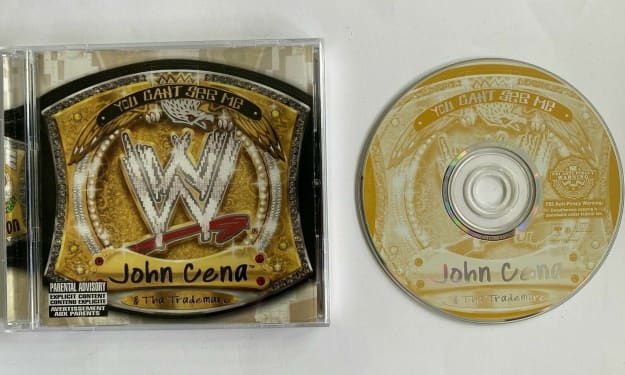A Quick Overview of City Pop
Classic songs that represent the golden age of Japan.

Let's talk about city pop, one of my favourite generes.
City pop is basically a subgenre of Japanese pop music that started in the late 1970s and took over in the 1980s. The music is western-inspired, using elements of funk, disco, and soft rock to bring a new sound. It was nothing like the traditional Japanese music of the past, it used music all around the world to make a smooth, rich sound that could only be made in the 80s.
City pop got its start in the 70s, with acts like Tatsuro Yamashita and Haruomi Hosono cited as key players in the beginnings of city pop. Tatsuro is the most commercially successful male Japanese recording artist in the history of the Japanese album charts. His 13 studio albums, 50 plus singles, and collaborations with his wife Mariya Takeuchi (also one of the best-selling music artists in Japan). Haruomi Hosono is a famous artist known for his multiple bands and influence in the music industry as a whole, making film soundtracks and more. With those two as the main spark, there was one more thing that sent city pop into the Japanese mainstream: The tech boom of the 1980s.
Japan was at its peak in the 1980s both economically and technically. With this boom, companies like Sony had all the funding in the world to make anything. In 1979, they released the Walkman, a portable cassette player that allowed the user to switch and play whatever cassette they wanted. There were also newer cars with built-in stereo decks and FM radios that allowed drivers to listen to whatever pop song was on the radio or put in their own tune using the cassette player. On the music side of things, there were also new musical instruments that heavily influenced the sound of city pop. Instruments like the Casio CZ-101 and the Yamaha CS-80 synthesizers and the Roland TR-808 drum machine became the sounds of the industry, making new sounds that defined the genre. It also was a symbol of the Japanese economic peak of the 1980s, with its expensive instruments and the ways it was being consumed. A CS-80 was far from cheap, being 6,900 USD (or 1.2 million yen). It clearly showed that city pop was this clean, urban sound for the rich and proposing Japan of the 80s.
All genres have to have a low period, and with city pop, it came in the 1990s. The boom died, the music trends pushed on to something less clean and spotless as city pop. In fact, in the eyes of a few people, city pop was seen as cheesy, and overall bad. The genre was mostly seen as dead, until the 2010s, with two things reviving the genre: Future funk and Plastic Love.
Future funk is an offshoot of house-type music, using city pop music as samples to pump up the disco and make them faster-paced. Notable artists in this genre are android52 and Tim Legend, using these old classic songs made music enthusiasts (like myself) question what was the original song.
Also, back in 2017, the song Plastic Love by Mariya Takeuchi made the rounds as the younger generation found out about the hit, which led to growing interest in city pop as a whole.
Overall, what really catches the ear when listening to city pop is it gives people a portal to a time period that can never be replicated, never will be repeated, and never will be seen by younger eyes again. It all seemed spotless, with the clean vocals, the clean instruments, topics of love, and more, city pop was a sight to be seen, and something we won’t be seeing again.
About the Creator
Other Slater
Hey, I'm a writer with a knack for storytelling. I hope you can enjoy my stories.






Comments
There are no comments for this story
Be the first to respond and start the conversation.